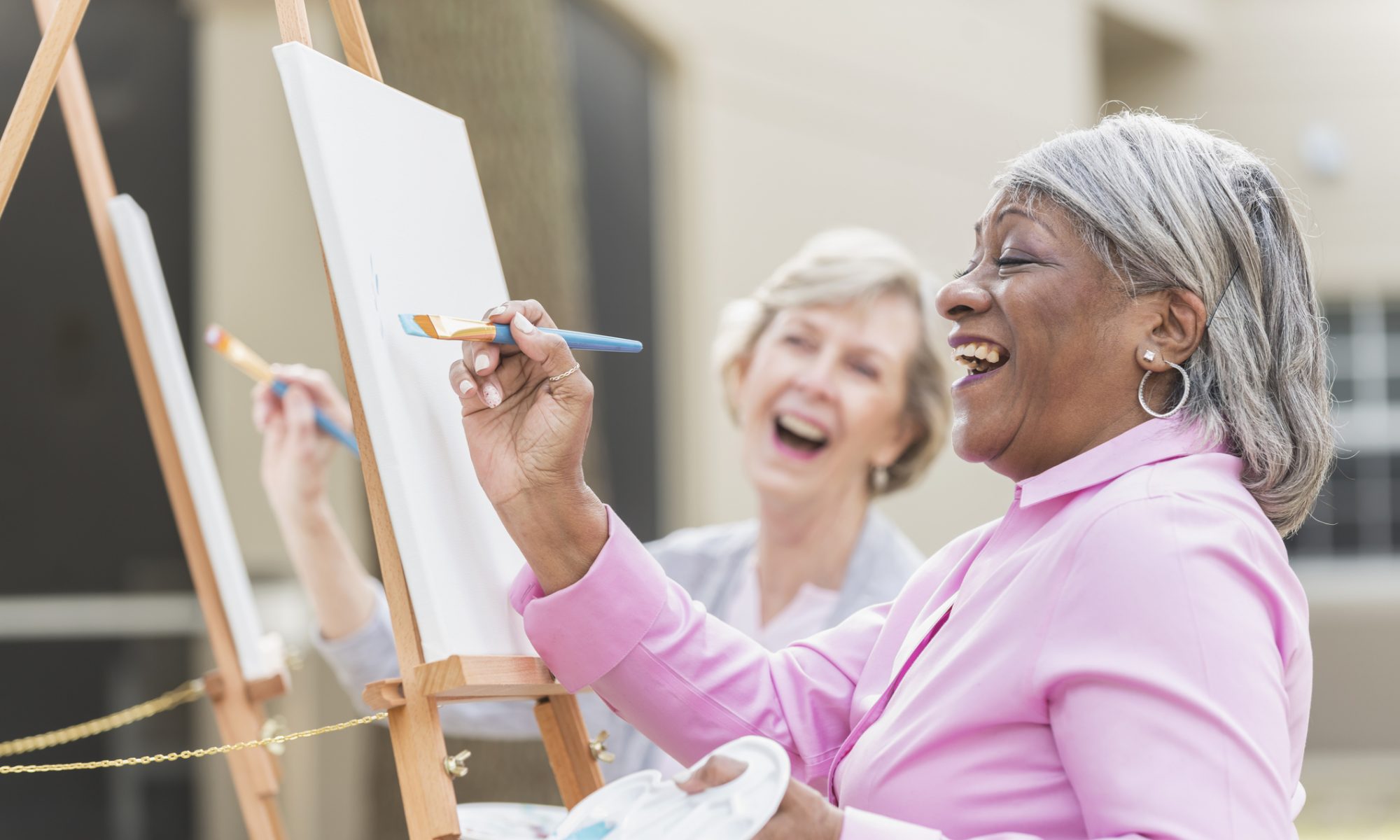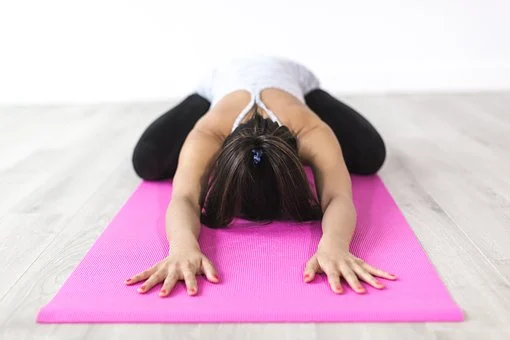Medical studies have shown that meditation and yoga have identifiable physical and emotional benefits. Mindful breathing, focus, and movement allow your body and your brain an opportunity to take a break from everyday stress and tension, which has increased substantially during the time of the coronavirus pandemic. Creating space and time in your life for these types of reflective, healing practices can be beneficial in a multitude of ways.
The Power of Meditation
Meditation is an integrative health practice, and as such, it has proven health benefits that transcend the better-known effects related to peace and serenity. For example, according to Insider, practicing yoga and meditation can help lower blood pressure, relax muscles, and decrease stress hormones, as well as help you sleep better, which is essential to overall health. It also helps clear your mind, allowing for greater focus in your work and creative pursuits. In some cases, meditation can help alleviate chronic pain. Perhaps most important, meditation is a solo pursuit that allows you some degree of mental “alone time,” even when you’re quarantining in a house full of people.
Finding the Right Approach
There are many different approaches to meditation, and it may take a bit of experimentation to find the right fit. Some focus on purposeful breathing techniques or mindful presence; others are devoted to emotional centering and being relaxed in a state of calm repose. Meditation methods may be still and stoic or incorporate yoga-like movement and postures or the addition of calming scents or sounds. To learn what is most beneficial for you personally, explore, try different methods, and discover the approach that best meets your personal, mental, and emotional needs.
Benefits of Yoga
Yoga can be practiced in concert with meditative practices, or on its own as a form of exercise. Much like meditation, there are a number of different types of yoga, including fast-paced fluid Vinyasa and the relaxation-focused Yin approach. If you’re new to the practice, start slow and work your way into more challenging poses. You may benefit from following online instructions to ensure you have the correct form. If you have physical constraints, you may benefit from chair yoga or modified poses that allow you to adapt different yoga moves to your own physical capabilities and comfort levels. Neuro Vitality Center offers several Yoga sessions which participants are free to join weekly, conducted by Brenda Crawford.
Creating a Space
Meditation and yoga are about centering, and quiet internal reflection, which are best achieved in a space free from distractions, noise, and interruption. Create a special place in your home that you can call yours and outfit it accordingly with yoga equipment, like mats, blocks, and bands. Make it a beautiful and comfortable environment and surround yourself with things that bring you joy and peace, whether it’s artwork, a particular scent, or a beautifully comfortable lounge chair. Invest in noise-canceling headphones or earbuds so you can block out any unwanted intrusions.
Making a Clean Sweep
In addition to carving out a special place in your home for quiet reflection, consider the associated benefits of living in an overall clean and decluttered environment. Getting rid of unwanted and unneeded items, letting in fresh air, and creating a sense of a fresh, purposeful new start can provide a great mental and emotional boost. Donate useful items to charity to ensure others benefit as you make room for more purposeful living.
Self-care is often overlooked by busy people as something there simply isn’t time for. However, relaxation practices like meditation and yoga can help clear your mind, reduce stress and tension, and actually put you in a better state for taking care of other important things in your life, including work and family. Think of this activity as essential personal time and schedule it on your calendar just as you would any other important appointment. You’ll be more refreshed, focused, and ready to take on life’s challenges.
Contributed by Sophie Letts, Meditationhelp.net

